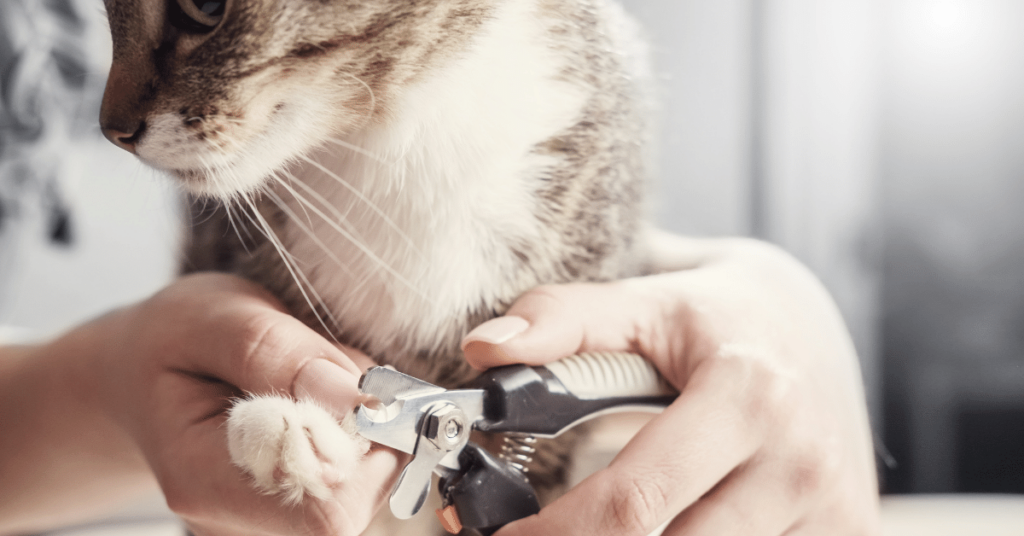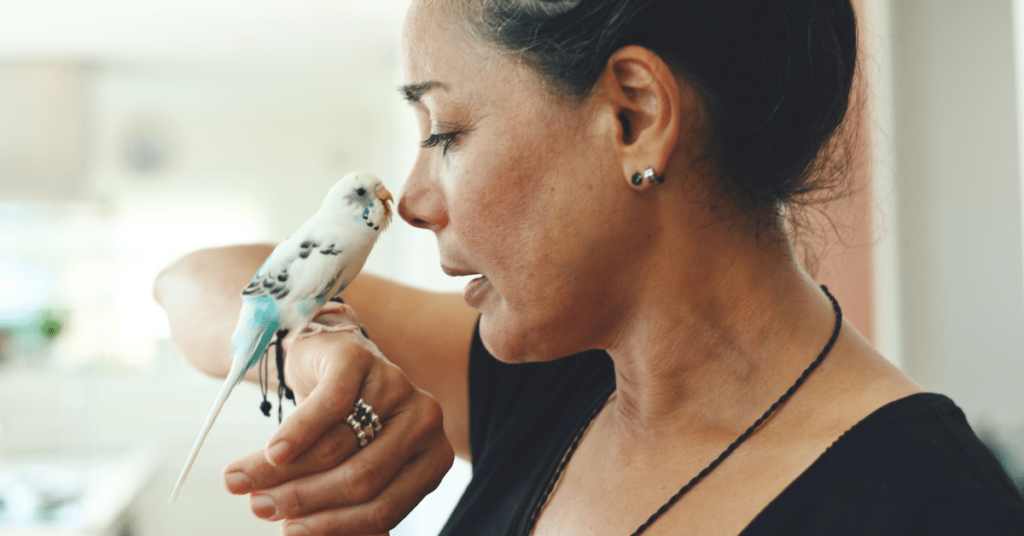1. Do your research before getting a pet
Before bringing a new furry friend into your home, it’s essential to do your research. Different pets have different needs, and it’s crucial to understand what those needs are. Consider the size, energy level, and temperament of the pet you’re interested in, as well as any specific care requirements they may have.
2. Choose a pet that suits your lifestyle
Pets come in all shapes and sizes, and it’s vital to choose one that fits your lifestyle. If you live in a small apartment and work long hours, a high-energy dog may not be the best choice. However, a low-maintenance pet like a cat or a small dog might be a better fit.
3. Create a safe space for your new pet
When bringing a new pet home, it’s essential to create a safe and comfortable space for them. This can be a designated room or a crate for dogs. Make sure the area is pet-proofed, removing any potential hazards such as toxic plants, chemicals, or small objects that could be swallowed. Provide bedding, toys, and a litter box or potty training pads for your pet’s comfort.
4. Establish a routine
Pets thrive on routine, so it’s important to establish one from the start. Set consistent times for feeding, bathroom breaks, playtime, and exercise. By sticking to a routine, you’ll help your pet feel secure and reduce the chances of behavioral issues.
5. Socialize your pet
Socialization is crucial for pets, especially in their early stages of life. Introduce your pet to various people, animals, and environments to help them become well-adjusted and confident. Proper socialization can prevent fear and aggression issues down the road.
6. Invest in training
Training is an essential aspect of pet ownership. Enroll your pet in obedience classes or work with a professional trainer to establish basic commands and behaviors. Training not only helps your pet become well-mannered but also strengthens the bond between you.
7. Provide proper nutrition
Proper nutrition is vital for your pet’s overall health and well-being. Consult with your veterinarian to determine the best diet for your pet’s specific needs. Feed high-quality pet food that is appropriate for their age, breed, and size. Avoid feeding them table scraps or foods that are toxic to pets, such as chocolate, onions, and grapes.
8. Schedule regular veterinary check-ups
Regular veterinary check-ups are crucial for maintaining your pet’s health. Schedule wellness visits at least once a year, or more frequently for senior pets. These check-ups help detect any underlying health issues early on and ensure your pet is up to date on vaccinations and preventive medications.
9. Provide mental and physical stimulation
Pets need both mental and physical stimulation to stay happy and healthy. Engage in interactive play sessions, provide puzzle toys, and rotate their toys regularly to keep them mentally stimulated. Daily exercise is also important, whether it’s a walk, a play session in the backyard, or interactive toys that promote physical activity.
10. Show love and affection
Last but not least, shower your new pet with love and affection. Spend quality time bonding with them, petting, and cuddling. Pets thrive on your attention and physical touch, so be sure to make time for regular snuggles and playtime. Your love and care will help create a strong and lasting bond with your pet.
In summary, being a first-time pet owner comes with a lot of responsibility. By doing thorough research, choosing the right pet for your lifestyle, creating a safe space, establishing a routine, socializing and training, providing proper nutrition and veterinary care, offering mental and physical stimulation, and showing love and affection, you can ensure a happy and fulfilling life for both you and your new furry friend.







